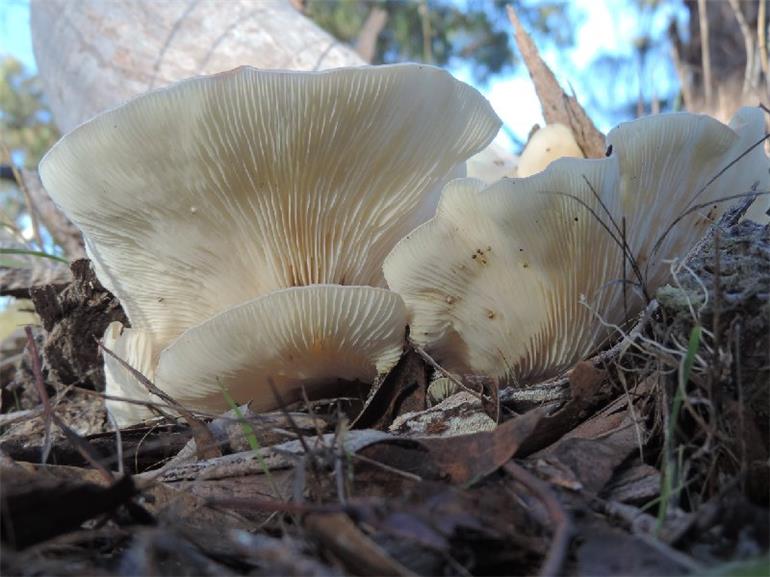Darren Saunders, Senior Lecturer at UNSW Australia provides some background to chemical exposure and cancer risk and explains how "the latest study represents a big effort by an international team of more than 200 cancer biologists and toxicologists involved in the Halifax Project. It is not a primary research study, but reviews the available literature on the carcinogenic potential of low-dose environmental exposure to chemical mixtures."
theconversation.com/explain...
Two statements by the author particularly stood out for me:
"To assess the cancer-causing potential of chemical agents against each of the individual hallmarks (of cancer) in isolation completely misses the point. Effects on a single individual feature in isolation do not necessarily translate into transforming a normal cell into a cancer cell. Even then, there are huge challenges in translating lab-based findings on the effects of individual chemicals or mixtures of chemicals to whole body in real world."
and
"Environmental chemical exposure is a valid concern, but the evidence does not support hyperbolic claims that we are swimming around in a soup of cancer-causing chemicals. Lifestyle changes such as giving up smoking, maintaining a healthy weight and avoiding too much alcohol are far more achievable ways to reduce cancer risk."
Per the statement in the large graphic in the above article:"Chemical toxicity is a sliding scale, not black and white - and whether a chemical is naturally occurring or man-made tells us nothing about its toxicity"
Personally, I do not like the term chemical free, because we are made of chemicals and rely on chemical reactions to live. Most of us would know the chemical formula for water - H2O; two hydrogen atoms bonded to one oxygen atom and you'd think that would be a safe chemical, but you can actually kill yourself by drinking too much water through what is termed hyponatremia or "insufficient salt in the blood": scientificamerican.com/arti...
(This article also debunks the 8 glasses/2 litres of water a day myth that became endemic in 'good health' advice some years ago, in which drinking tea or coffee, soups and other beverages didn't count and some well meaning people informed us that we had to drink more because fluid intake other than water was dehydrating or loading us up with substances we had to flush out - remember that?)
At one place where I worked, we had ultra pure deionised water on tap. It had to be extremely pure because it was used in the manufacture of integrated circuits - silicon chips, where any impurity would cause a chip failure. Employees thought that the deionised water would be excellent for drinking and tea making, and management had to issue a warning circular NOT to drink the deionised water, because it could make you ill by absorbing salts out of your body (i.e. causing hyponatremia mentioned above).
I'll leave you with the quote from Paracelsus, the father of Toxicology: "Everything is poison, there is poison in everything. Only the dose makes a thing not a poison."
Neil
